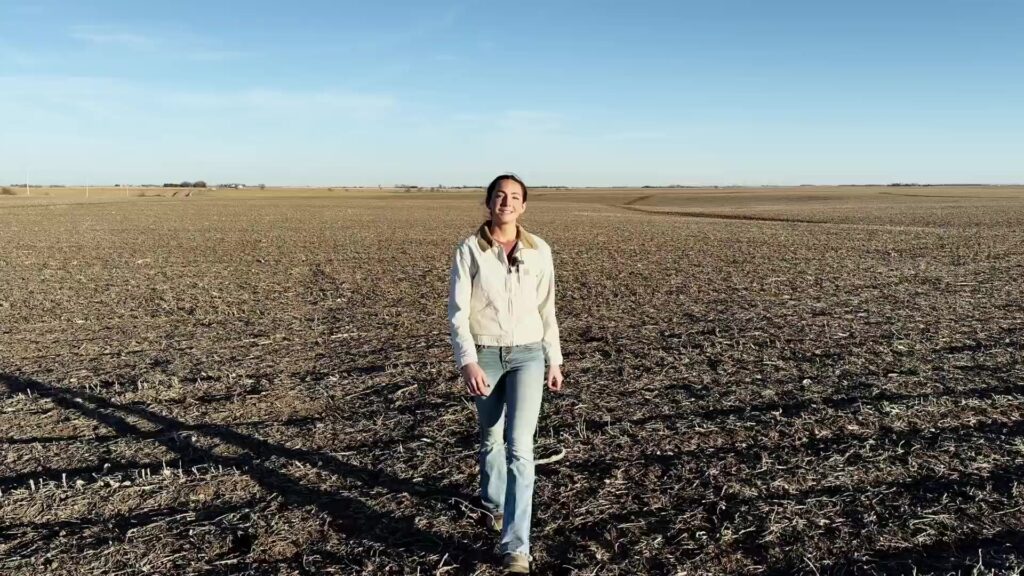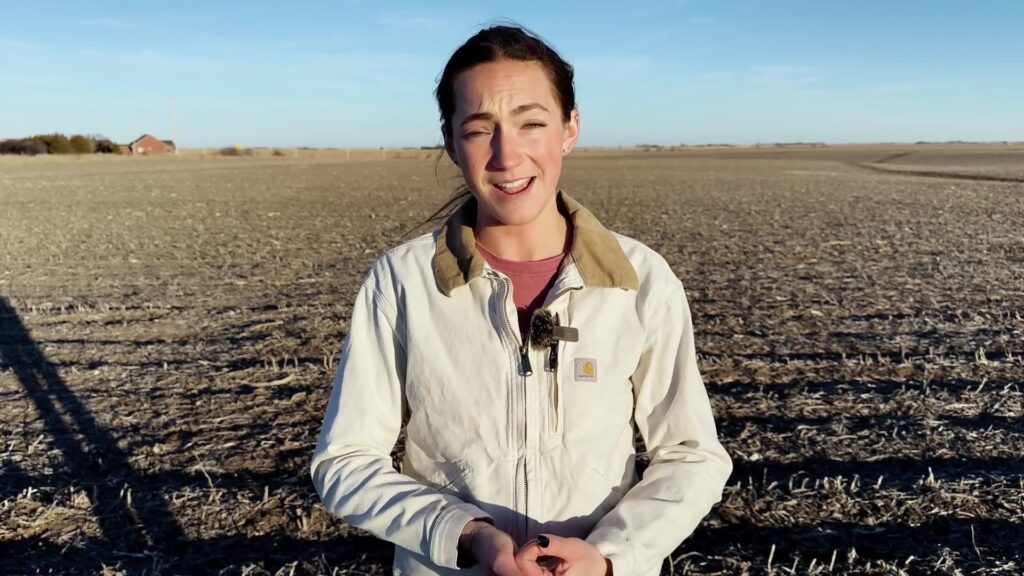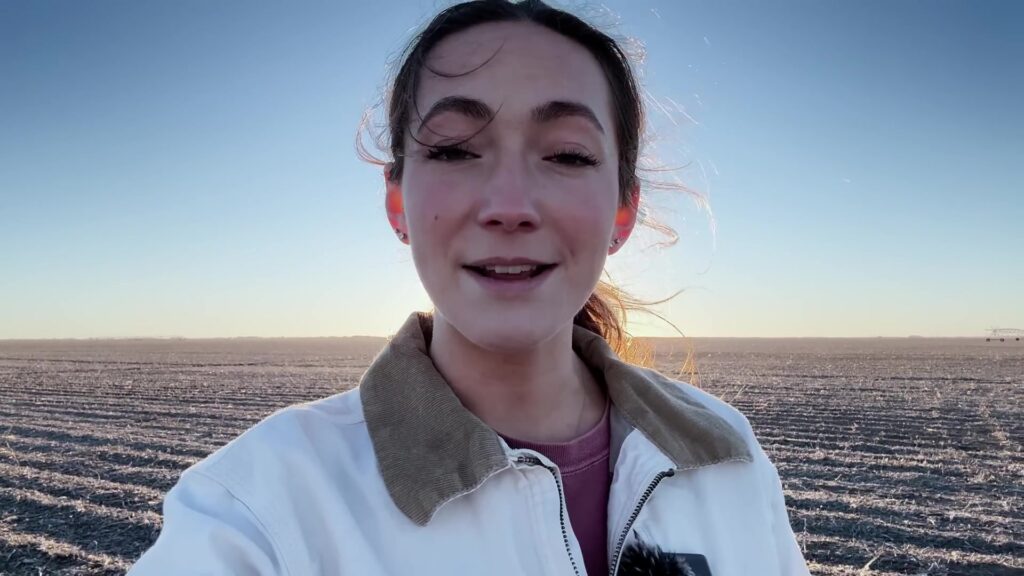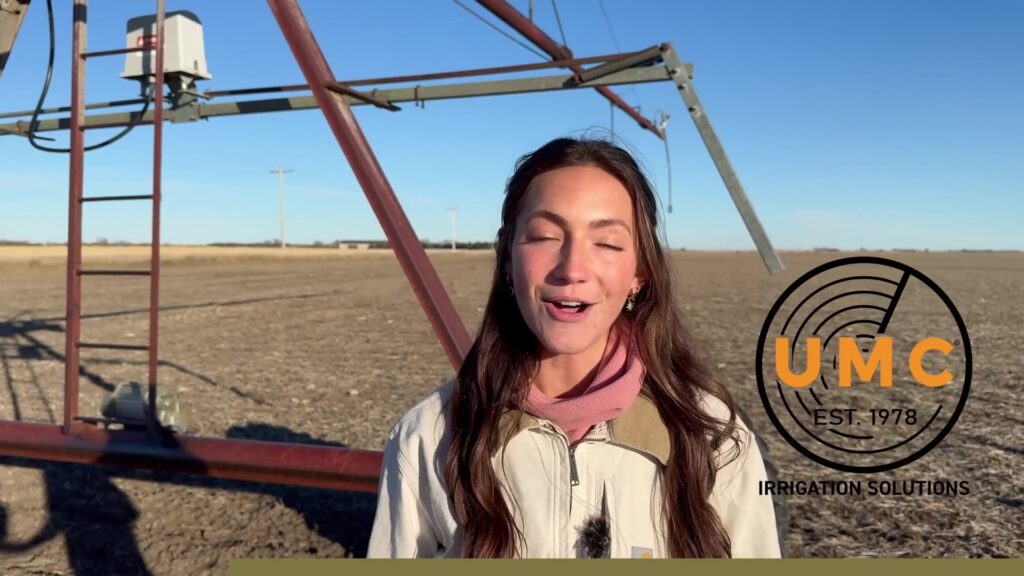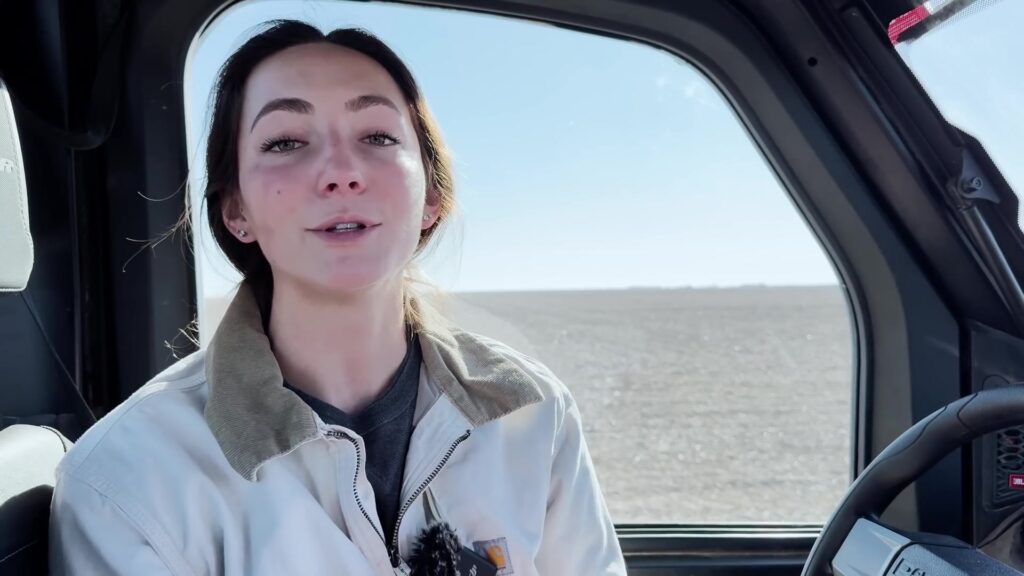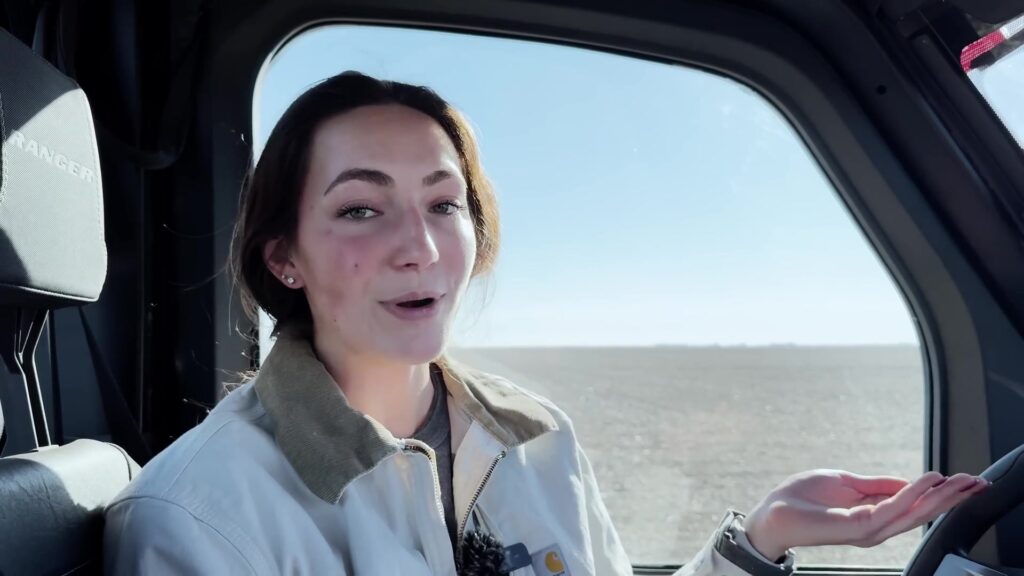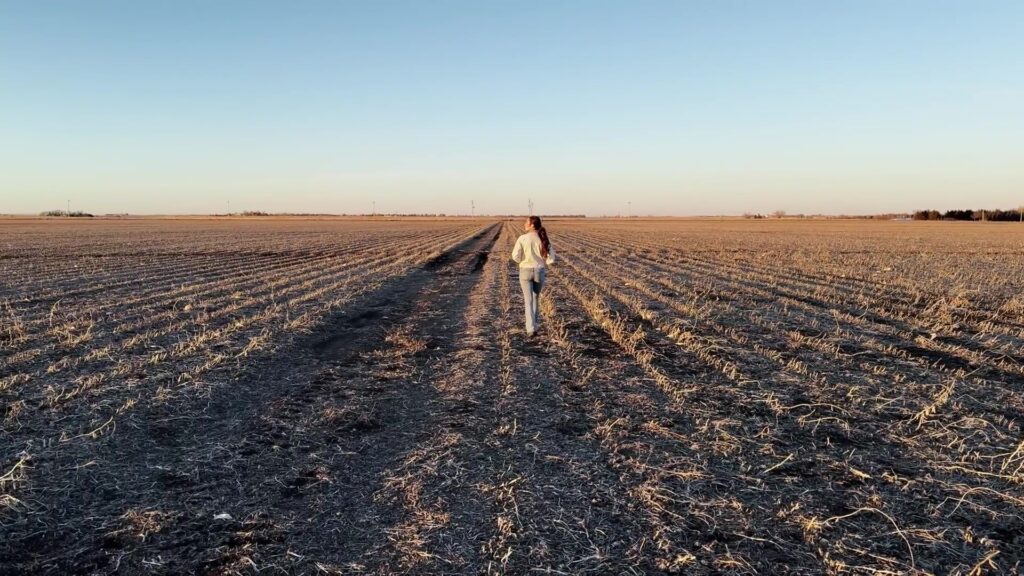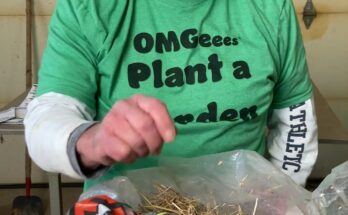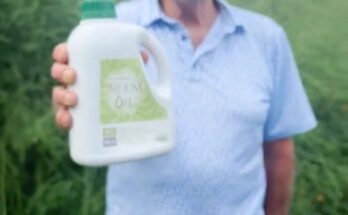History’s Biggest Wealth Transfer Forced Us To Buy Farmland
In recent years, the world has witnessed what economists are calling the largest wealth transfer in history. As trillions of dollars move from older generations to younger ones—and from governments into the hands of elites via stimulus policies, inflation, and corporate bailouts—many ordinary individuals have been left scrambling for security. For some, the only logical response to this economic upheaval has been to take drastic action. For us, that meant buying farmland.
At first glance, the idea of investing in farmland seemed old-fashioned. Stocks, crypto, or tech startups appeared far more exciting. But as inflation soared, central banks printed money, and real estate prices exploded, the cost of living and asset bubbles rose in tandem. Suddenly, “exciting” became “risky,” and farmland—quiet, stable, and essential—looked more like a lifeline than a luxury.
This wealth transfer hasn’t been organic. It’s been engineered through monetary policies and financial tools that favor those already wealthy. As wages stagnated and property became unaffordable, those who inherited assets—homes, land, stocks—found themselves vastly better off. Meanwhile, renters and middle-class earners lost purchasing power. The result: a society where asset ownership defines survival. And farmland, perhaps the oldest asset of them all, became a modern-day treasure.
We saw billionaires like Bill Gates and investment funds quietly buying millions of acres. The message was clear: whoever owns the food supply, owns the future. This realization was our wake-up call. As the value of money eroded and food prices rose, the land became more than an investment—it became freedom, control, and insurance against economic collapse.
But buying farmland wasn’t easy. Prices were already climbing, and competition was fierce. Yet, compared to urban housing markets or stock valuations, farmland remained relatively undervalued. It offered something else too: productivity. Unlike a gold bar or a digital coin, land works. It produces. It feeds.
Our journey wasn’t just about survival—it was about transformation. We learned how to grow our own food, understand the cycles of nature, and connect with a form of wealth that wasn’t just measured in dollars, but in abundance. While others chased profits on Wall Street, we cultivated potatoes, beans, and corn. And in that dirt, we found a strange and quiet form of peace.
Today, as global markets tremble and social trust declines, our decision feels more urgent than ever. The farmland we bought doesn’t just protect us from inflation—it anchors us to something real. As governments debate digital currencies and AI replaces workers, we trust the soil beneath our feet more than any digital ledger.
History’s biggest wealth transfer didn’t just reshape the economy—it reshaped our lives. It forced us to look beyond the illusion of wealth and search for something grounded. In a world obsessed with speed and speculation, buying farmland was our rebellion. And perhaps, our salvation.
